Offset Mortgages: What Are They, How Do They Work And What’s The Benefit?
An offset mortgage presents a unique approach to homeownership, offering the potential to reduce interest payments, by linking your mortgage to a designated savings account.
While the concept may seem straightforward, the intricacies of offset mortgages call for a closer examination to fully grasp their benefits, as well as their drawbacks.
So, how do they work?
An offset mortgage functions by utilising the balance in a savings account, to offset the amount of interest payable on your mortgage.
Unlike traditional mortgages, a dedicated savings account is linked to your offset mortgage. The balance of your savings account is offset from the current balance on your mortgage and you only pay interest on the difference.
Let's illustrate with an example:
Let’s say you have a mortgage of £200,000 and linked savings of £20,000.
With an offset mortgage, you would only accrue interest on £180,000 of your mortgage, resulting in potential monthly savings in your mortgage payments or a reduction in your mortgage term.
What’s the benefit?
An offset mortgage can be a flexible and cost-effective option for those with savings who want to reduce the amount of interest they pay on their mortgage, while still having access to their savings when needed.
You can use the interest you save to reduce the amount you have to pay each month. Alternatively, you can use your savings to help reduce the length of your mortgage.
By reducing the interest payable on your mortgage balance, borrowers can benefit from more manageable payments, potentially reducing any financial strain.
Do I have flexibility with the linked savings account?
Despite the link between your mortgage and savings account, many offset mortgages permit continued deposits and withdrawals from the linked savings account.
However, it's crucial to note that altering the balance in your savings account will directly impact the interest savings on your mortgage each month.
What are the overpayment and repayment options?
Offset mortgages can often allow borrowers the opportunity to overpay a certain percentage annually, typically up to 10%, without incurring penalties.
While this facilitates faster debt repayment, exceeding the stipulated limit may trigger early repayment charges.
Pros and Cons of Offset Mortgages:
Advantages:
Potential to save more on interest payments than would be accrued with standard savings accounts.
Tax benefits, as the savings linked to offsetting do not accrue interest, thereby circumventing taxation.
Flexibility to deposit and withdraw from the linked savings account.
Access to larger borrowing multiples, particularly advantageous for professionals.
Offset mortgages can be diverse to borrower needs, including:
Family Offset Mortgages: family offset mortgage lets a family member use their savings, to help you get a mortgage deal.
Buy-to-Let Offset Mortgages: Enhancing profitability for landlords through reduced monthly payments.
Disadvantages:
You won’t earn interest on your savings utilised for offsetting, even if your savings balance is higher than your mortgage value.
Higher interest rates are generally associated with offset mortgages.
Limitations in available deals and potential for high fees.
Dependency on a linked savings account, necessitating account changes upon remortgaging.
Should You Opt for an Offset Mortgage?
The suitability of an offset mortgage hinges on various factors, including financial objectives, savings magnitude, and long-term housing plans.
While offset mortgages offer compelling interest-saving potential, careful consideration is imperative to assess their alignment with individual financial strategies.
Navigating the options available to you in the mortgage landscape entails a thorough analysis of options to discern the most conducive fit for your financial situation.
Whether opting for an offset mortgage or exploring alternative strategies, the Sterling Southgate team can help. If you’re looking to find out more or want to explore your options, click here to book a call with our team.

